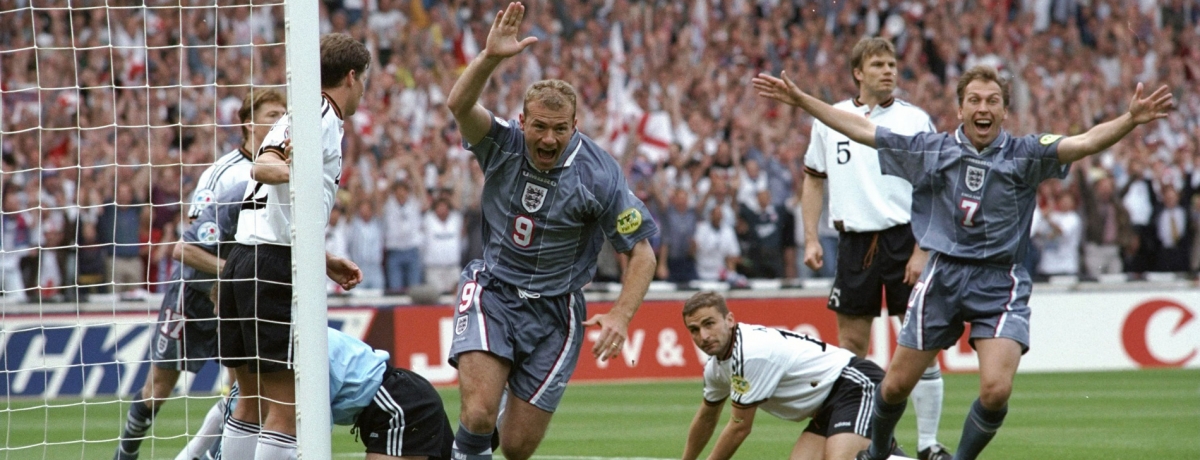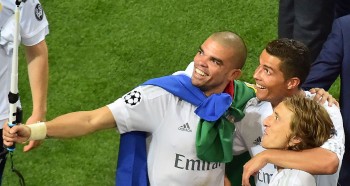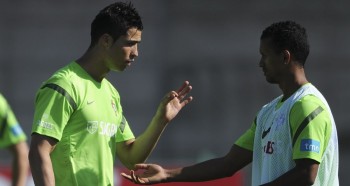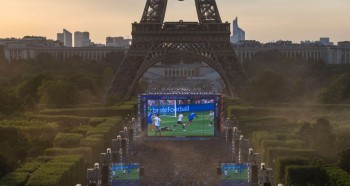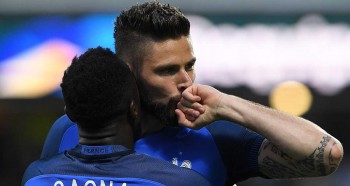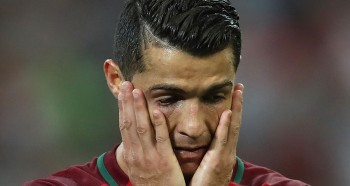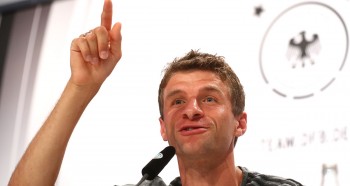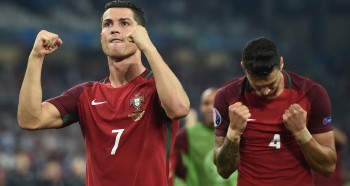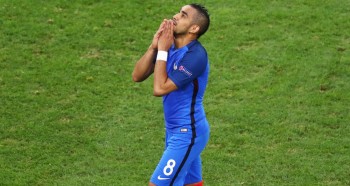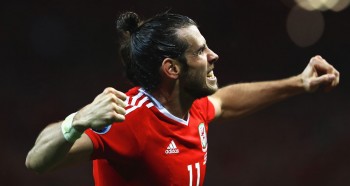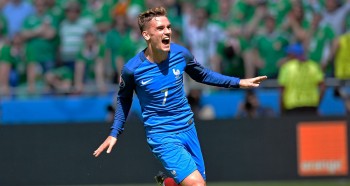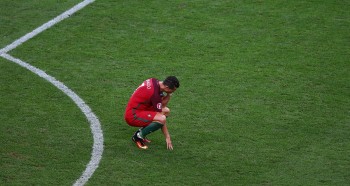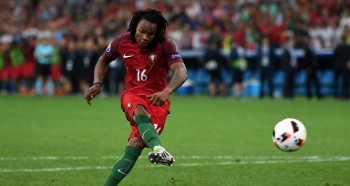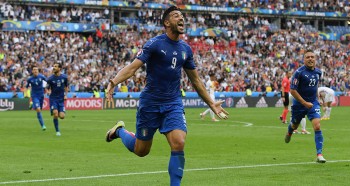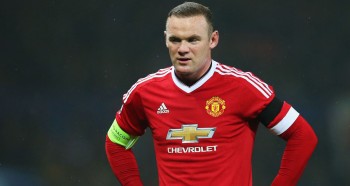The old Wembley Stadium witnessed not only the decline of the Empire, in whose name it was opened in 1923, but the death of some English myths. One was that of a global footballing superiority – the Hungarians exposed this folly when they won 6-3 under the Twin Towers in 1953 – and another had it that the Germans, for all their excellence in the game and many another field, lacked a sense of humour. It was certainly a difficult charge to level at the end of Euro 96.
The European Championship of 1996 was the first major tournament held in England for 30 years, since England beat West Germany in a World Cup final remembered in one country for the completion of Geoff Hurst’s hat-trick – “they think it’s all over…it is now” – and in many others, especially Germany, for the eternal question of whether the Hurst-propelled ball that had put England 3-2 up in extra time had crossed the whole of the goalline after coming down from the crossbar.
In the eye of the beholder who mattered, a match official from Azerbaijan called Tofiq Bakhramov – cue yet another English myth that he was “the Russian linesman” – the goal was good and ever since then, in the decades which separated England’s one tournament triumph from another opportunity to be hosts with the most, the English had savoured a piece of history that was truly unique and undeniable: the game of football was theirs by invention. The laws had indeed been codified in London in 1863 and thus, even though the Germans had used that time between 1966 and 1996 to win two World Cups and two European Championships, it could truly be said that…
“Football’s Coming Home”
The song had been written by David Baddiel and Frank Skinner and was all about how “thirty years of hurt” had never stopped English fans from dreaming. Such was its resonance in the nation that it spent 15 weeks in the charts, two of them at number one. But by the end of June and the final of Euro 96, the words had been subtly changed. Wembley’s rafters rang to the sound of German voices, celebrating a final victory over the Czech Republic, drawing out the delicious moment that had just been seized by a so-called “golden goal” from Oliver Bierhoff…
“It’s coming home…
“It’s coming…
“FUUUSS-ball’s coming home!”
Four years later another German goal – from Didi Hamann – brought down the curtain on both Kevin Keegan’s tenure as England manager and the original Wembley’s association with football.
-
 Didi Hamann scored Germany's winner as England lost their last game at the old Wembley in 2000...
Didi Hamann scored Germany's winner as England lost their last game at the old Wembley in 2000... -
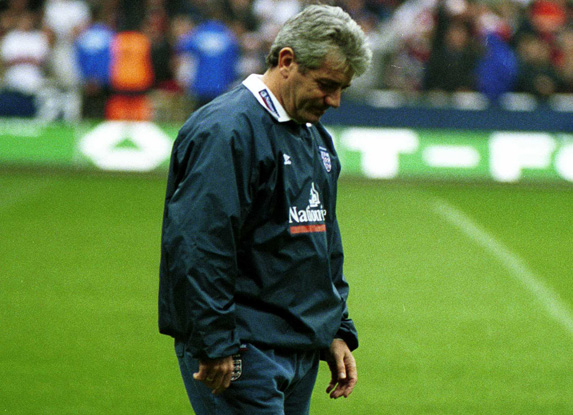 ...and England manager Kevin Keegan responded by resigning - in a toilet, legend has it - after the game
...and England manager Kevin Keegan responded by resigning - in a toilet, legend has it - after the game
But memories of Euro 96 linger and, although England fell to the Germans in the semi-finals, as in the 1990 World Cup, those recollections are cherished because it was so close in the end, so cruel on Paul Gascoigne, who had lost his composure at Italia 90 but now, after a lot of injury – some spectacularly self-inflicted, it must be admitted – needed only a couple of inches of his old speed to seize the crown and prepare to place it on his head. But we are getting ahead of ourselves.
Terry Venables had succeeded Graham Taylor in the “impossible”’ job in January 1994. Most England managers leave under a cloud; Venables actually arrived under one, his business dealings outside the game having attracted such unfavourable publicity that the Football Association had tried hard to find an alternative. But Venables was respected by players and popular with at least the London media; the FA gave him the benefit of the doubt and were not to regret it.
He began the preparations for Euro 96, consisting entirely of friendlies because hosts do not have to qualify, with five clean sheets in six matches but little excitement – except plenty of the wrong kind when England were forced to leave the field permanently in Dublin due to rioting among their followers after Ireland had taken the lead. There was just one completed defeat – at home to Brazil – but England won only half of their other 16 matches before Venables took them to Beijing to play China, who were beaten 3-0, and then Hong Kong for an unofficial match whose result, a 1-0 win, turned out to be a lot less memorable than the subsequent unwinding, in a bar, of some of the players.
A group of fairly usual suspects was headed by Gazza, who, along with Teddy Sheringham, allowed himself to be strapped into an antique dentist’s chair, leant backwards and have booze poured down his throat.
Reports and pictures were naturally seized upon by the newspapers back home and knives that had been returned to their sheaths for at least the duration of England’s opening tournament fixture against Switzerland at Wembley were brought out with relish when, after Alan Shearer’s fulminating drive had ended a personal 12-match run without a goal, a late penalty from Kubilay Turkyilmaz gave the Swiss – who had been guided to the finals by Roy Hodgson but were now managed by Artur Jorge – a deserved point
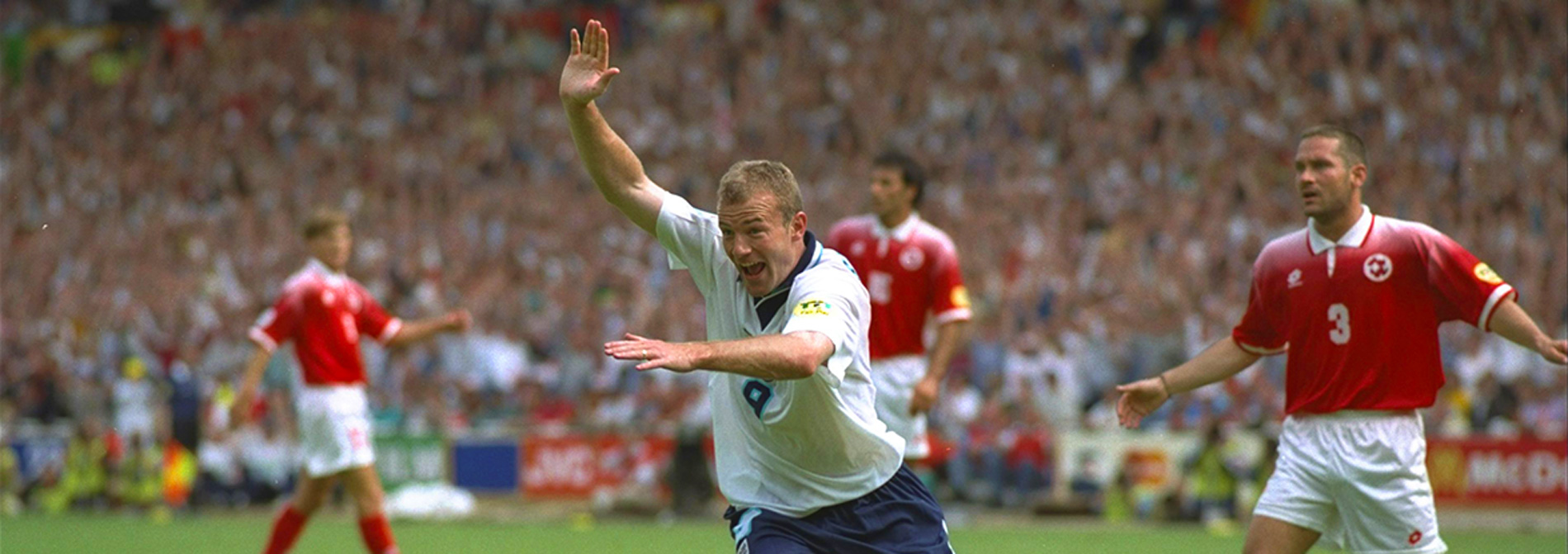
Venables’ team went into their next match, against Scotland, with much to prove but, 13 minutes from the end, it seemed only their inadequacy would be beyond dispute. Apart, perhaps, from the penalty Scotland had just been awarded for a tumble by Gordon Durie; it looked as if Tony Adams had stabbed the ball away before the attacker fell. But a penalty it was and up stepped Gary McAllister, the Scots’ most technically-gifted player, to take it. He was to swear henceforth that the ball had moved almost imperceptibly, perhaps caught by a gust of wind, a split-second before he made contact. At any rate, it went too near David Seaman and bounced away off the goalkeeper’s left elbow.
Soon it was at the other end, being guided on by Darren Anderton to Gazza, whose next two touches fully earned immortality. With his left foot, he flipped it up and over his head, bamboozling Colin Hendry and, as the defender stumbled, he completed his own calm adjustment of balance while waiting in his own time – it almost seemed he might light a cigar – for the ball to arrive on his right and be despatched, consummately, between the goalkeeper, Andy Goram, and his near post.
The celebrations, although conducted in an intimate huddle on the pitch, might have been directed at the press box. Gazza lay on the pitch and opened his mouth in confident expectation. Where the plastic bottle came from was not clear: presumably the bench, but it got there quickly. What it contained may have been water or some so-called health drink but, to Gazza and his mates, anything would have tasted as sweet as revenge. The press recognised the wit behind this skit on the dentist’s-chair incident and a couple of days later, amid renewed optimism about England, the Daily Mirror spoke for more than itself when it printed an apologetic editorial with the headline: “Mr Paul Gascoigne: An Apology”.
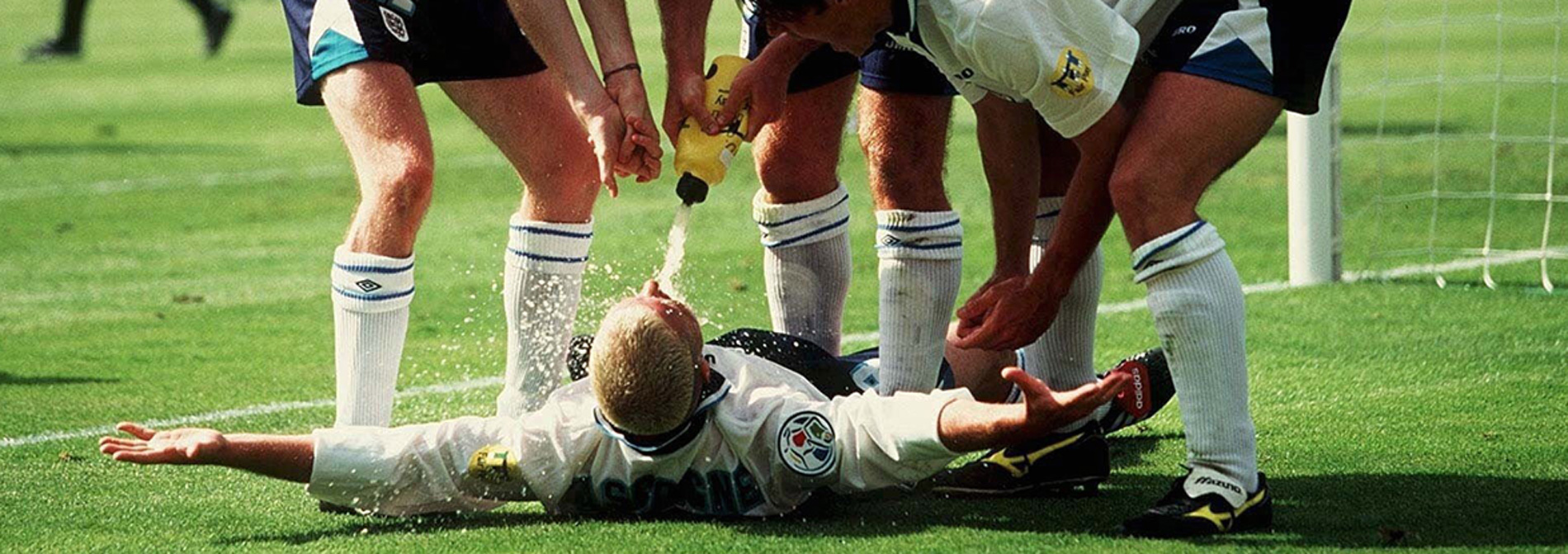
Final Group A opponents the Dutch had begun their campaign – turbulent, as so often, with manager Guus Hiddink sending Edgar Davids home for disciplinary reasons – at Villa Park.
The orange hordes contributed to a marvellous atmosphere as Hiddink’s men drew 0-0 with Scotland and beat the Swiss 2-0. Throughout the tournament, crowds were healthy in England’s old-fashioned and intense stadiums, which may have frustrated some commercial interests but pleased visiting fans.
Now, though, Holland went to Wembley to meet the host nation and that proved a chastening experience as England turned on a performance that, even now, tends to come up in discussions of their most impressive of recent decades. It contained everything Venables had been working towards: tactical sophistication being allied to individual and team brilliance.
-
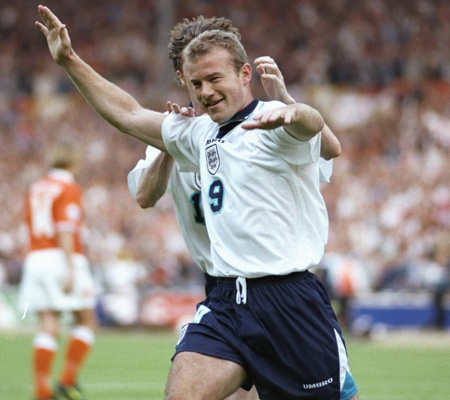 England's third in the 4-1 win over Netherlands was rather tasty
England's third in the 4-1 win over Netherlands was rather tasty
Paul Ince led the way, launching a counter that ended with him bursting into the penalty area and, on the half-turn, backheeling with his left leg so Danny Blind could hardly avoid brushing his right; Shearer converted the penalty.
There was even better to come after Teddy Sheringham had headed a second from a corner. Gascoigne, according to Gary Lineker’s quip, only ever gave you the ball as the basis for a one-two and on this occasion Steve McManaman served him as well as Gazza in turned served Sheringham, who might have shot but instead opened his body and rolled the ball gently sideways to make an even better chance for Shearer, who sliced it ferociously past Edwin van der Sar. By now, Wembley was ecstatic and Sheringham scored again before Patrick Kluivert struck for the Dutch. This goal eliminated Scotland and many of their fans would not have greatly minded, for to have reached the knockout stages of a tournament at last by courtesy of the emphasis of English excellence would have been even harder to take.
-
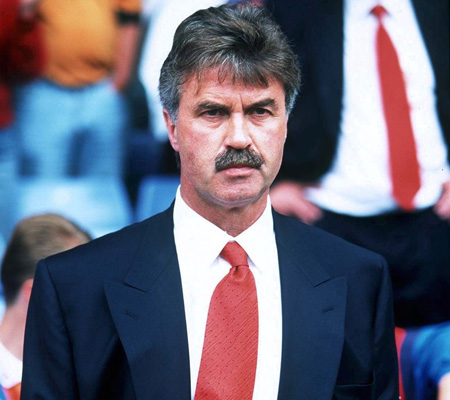 The result was a low point in Dutch coach Guus Hiddink's career
The result was a low point in Dutch coach Guus Hiddink's career
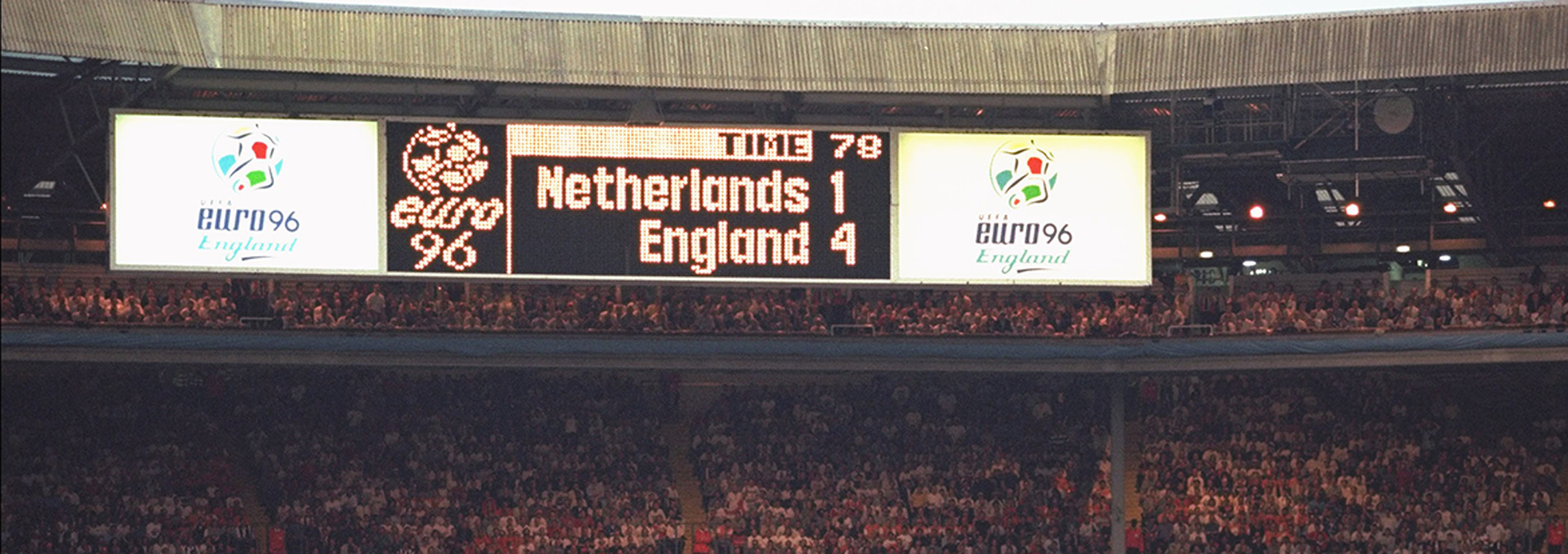
This was England fans’ favourite scoreboard snap for five years, until Germany 1-5 England
What happened to the Spanish team against England in the quarter-finals wasn’t very funny. Twice they got the ball in the net only to find decisions going against them. Twice they were denied penalties; on the second occasion, the substitute Alfonso, clearly tripped by Gascoigne, had insult heaped on injury when the French referee, Marc Batta, showed him a yellow card. At the end of a goalless 120 minutes, the striker Kiko angrily hurled the ball at Batta. It was wrong of him, but England could seldom have enjoyed such luck at Wembley.
They even won the penalty decider, all four takers succeeding, and there was general rejoicing that one of them should be Stuart Pearce, who had infamously failed from the spot (along with Chris Waddle) in the World Cup semi-final against the Germans six years earlier. “Come on!” he roared at the crowd, expletives deleted as he punched the air. “Come on!” Fernando Hierro, arguably the man of the match, hit the bar. Miguel Angel Nadal, uncle of a 10-year-old who hoped to become a professional tennis player, had his effort saved by Seaman.
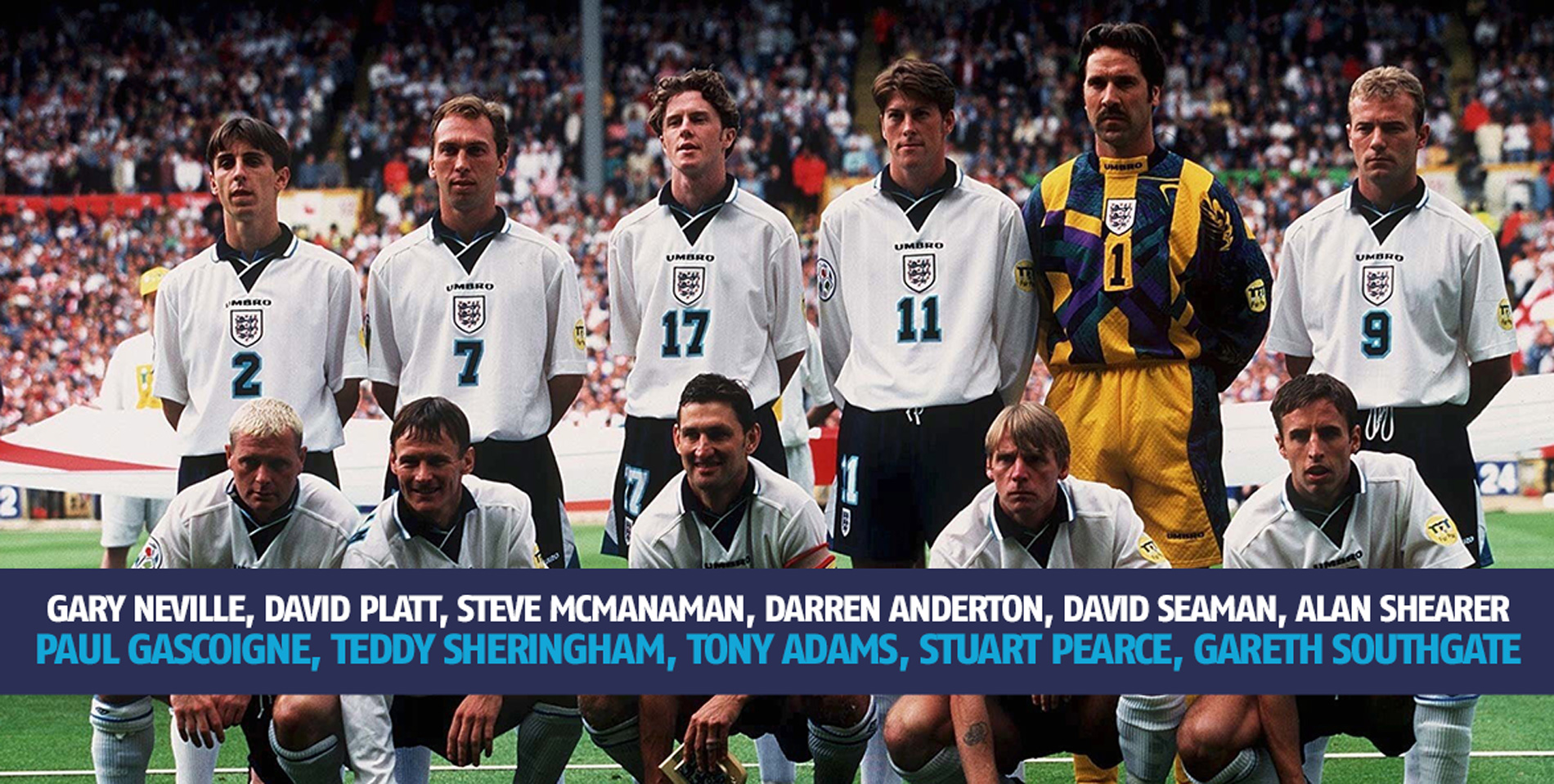
And so England moved on to face Germany. They led early through a nod of Shearer’s stooping head, after Sheringham had back-flicked on a Gascoigne corner, but Stefan Kuntz equalised and eventually the semi-final went into extra-time. The “golden goal” was so called because it sounded better than “sudden death”, but that is what would have happened to Germany’s hopes in extra time had Darren Anderton done better than hit a post or Gazza stretched out his left foot marginally quicker when Shearer’s pass across the goalmouth was begging to be tapped in.
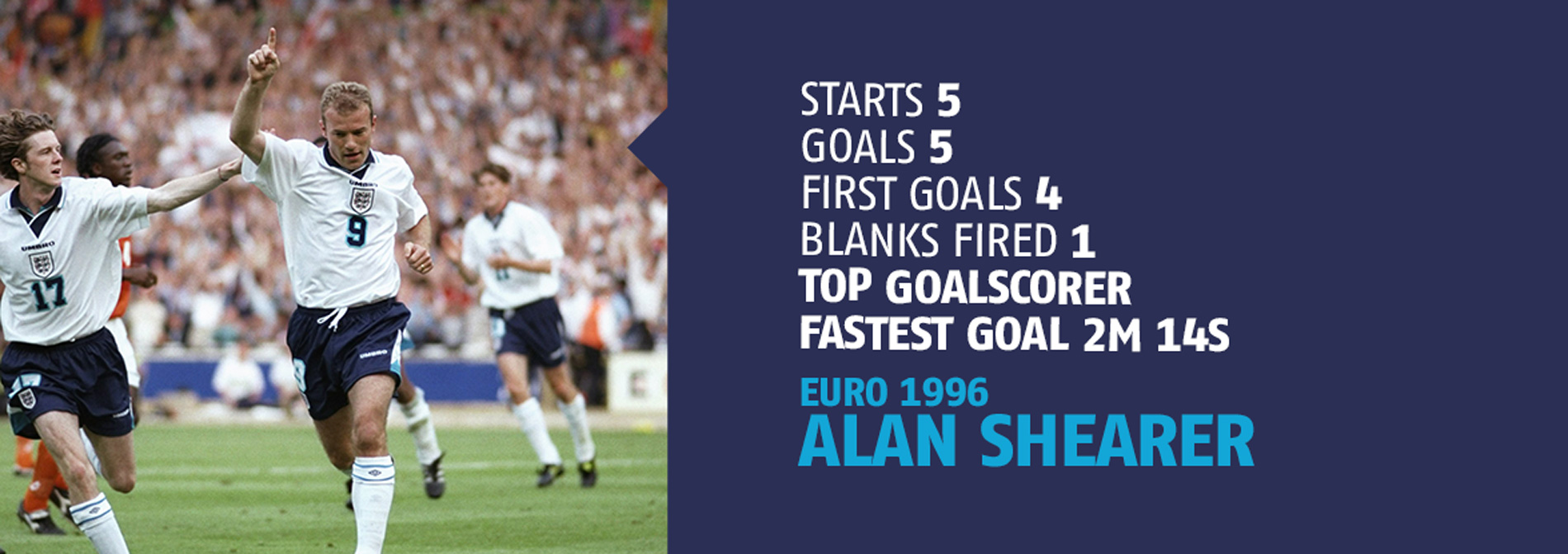
It went to penalties again. Five on each side scored (including Pearce for England) and then Gareth Southgate had his attempt stopped by Andreas Kopke. Southgate knew what this was probably going to do to his life. He had heard the jokes about Pearce and Waddle over the past six years. He must have prayed that Andreas Moeller would become a partner in misery. But Moeller’s kick was firm and could hardly have been farther out of Seaman’s reach.
England’s carnival was over. And yet, amid the aching frustration, one man’s quality emerged as Venables went straight to Southgate with what did not look like a false smile and embraced him, offering some words of attempted consolation, and then some more. And to think that the manager’s character had been cited as a reason, in some quarters, not to employ him.
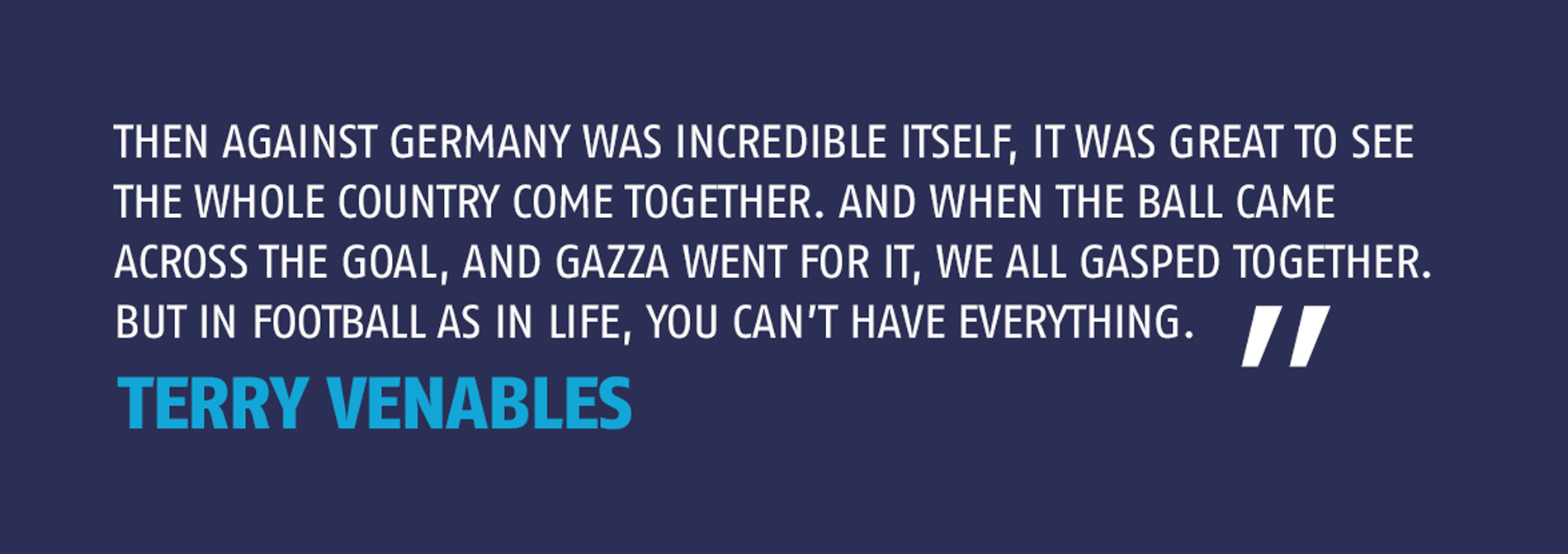
The performances against Holland and Germany had more than vindicated Venables, but Berti Vogts and Germany were to take the trophy and really no one could quibble with the Czech as runners-up – or scorers of the individual goal of the tournament, a lob by Karel Poborsky. The best player was Matthias Sammer, a libero to stir memories of Franz Beckenbauer, but a midfield workhorse called Dieter Eilts ran him close and Bierhoff was to carry the mantle of a winner forever.
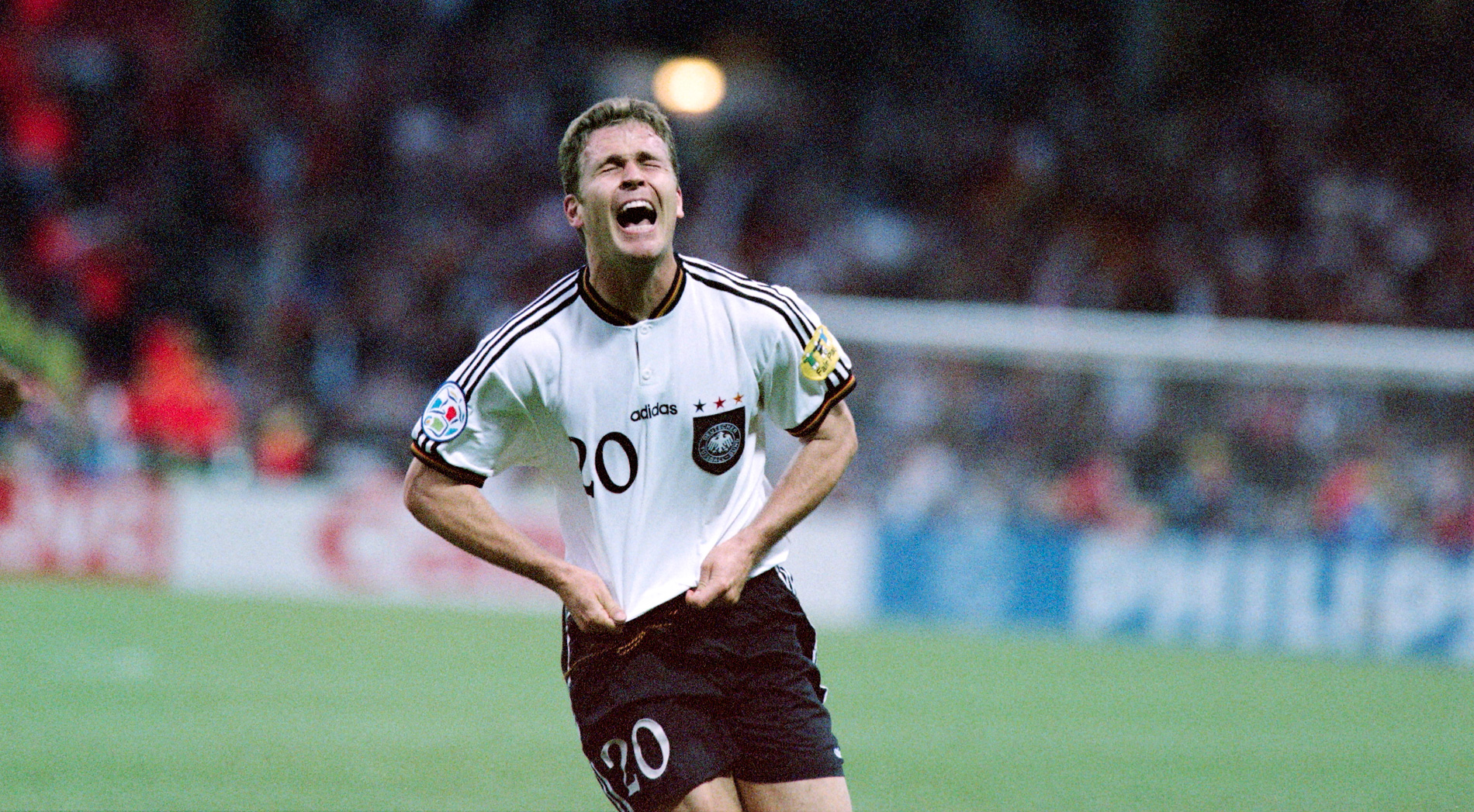
The English fans’ enthusiasm for a flutter had been evident throughout. Doubtless many will be checking the odds for next summer and those in 1996 who had backed the favourites from the outset – Germany started at 7/2 – pocketed their consolation. But although the English and their guests had all enjoyed their moments of fun, it was the Germans who had the last laugh.

